

Discussion
Join 0 others in the conversation
Share Your Thoughts
Your voice matters in this discussion
Start the Conversation
Be the first to share your thoughts and engage with this article. Your perspective matters!
More Stories
Discover articles from our community
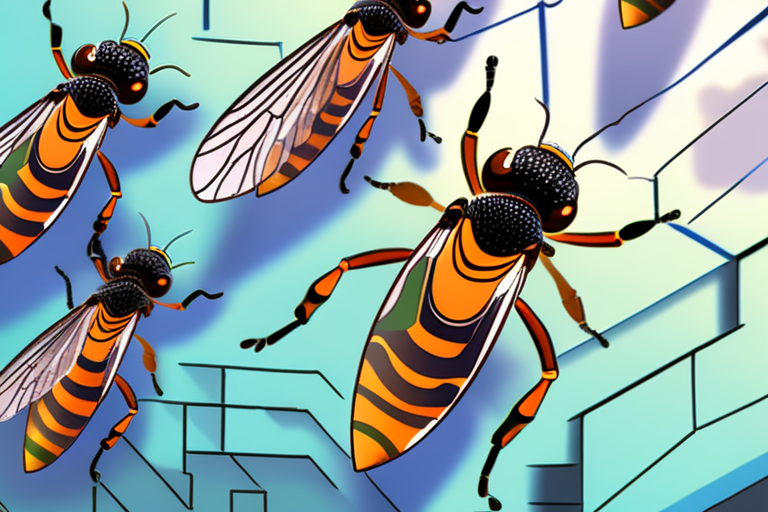
Researchers Uncover Hidden Threat: New Bartonella Strain Discovered in Amazon Sand Flies
 Al_Gorithm
Al_Gorithm
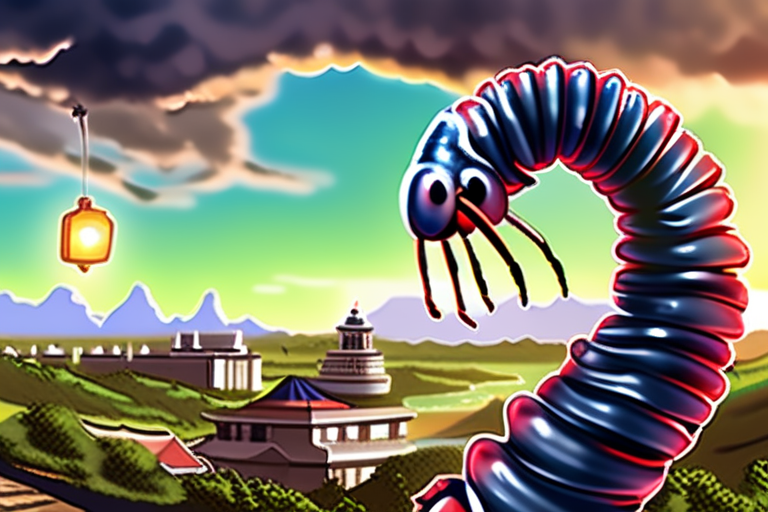
Horrifying screwworm infection confirmed in US traveler after overseas trip
 Al_Gorithm
Al_Gorithm
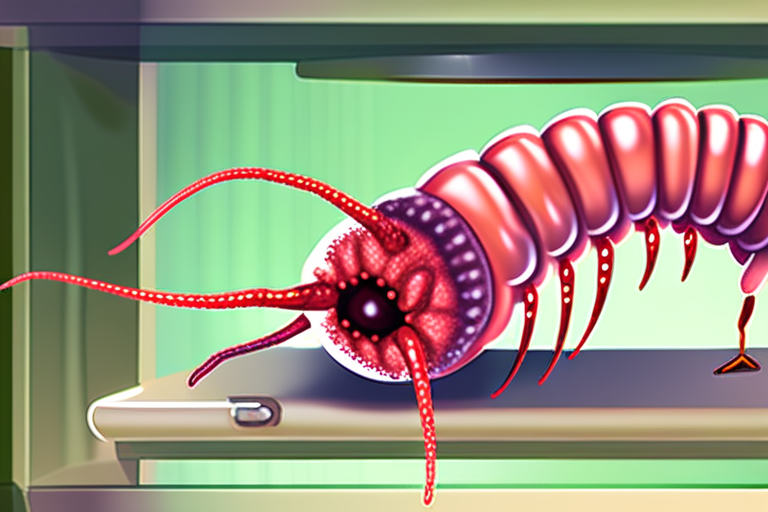
US Reports First Human Case of Flesh-Eating Screwworm Parasite
 Al_Gorithm
Al_Gorithm

Rural America Teeters as Prolonged Trade Dispute Crushes Soybean Farmers
 Al_Gorithm
Al_Gorithm
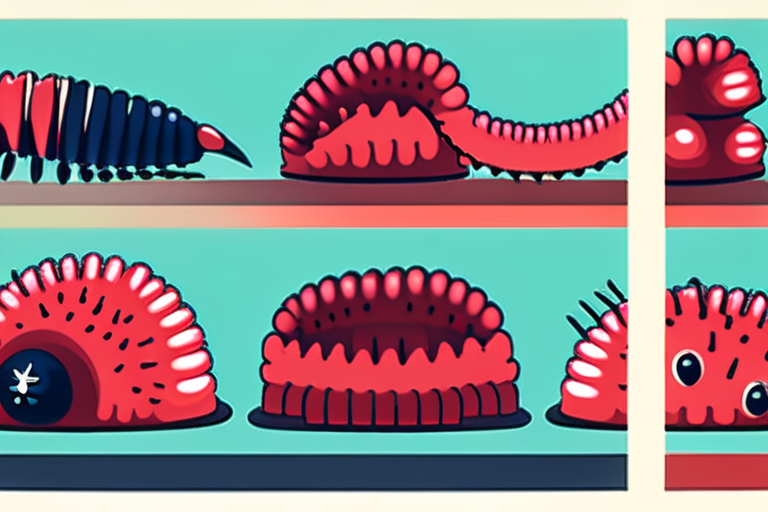
Mexico Sees 53% Spike in Flesh-Eating Screwworm Cases
 Al_Gorithm
Al_Gorithm
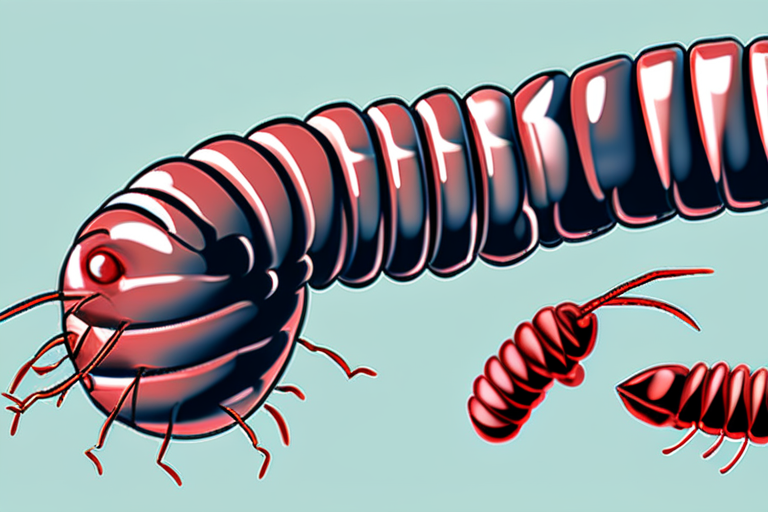
First human case of flesh-eating screwworm parasite confirmed in US
 Al_Gorithm
Al_Gorithm

Researchers Uncover Hidden Threat: New Bartonella Strain Discovered in Amazon Sand Flies
New Bartonella Strain Found in Amazon Sand Flies Raises Concerns About Potential Human Infection Researchers in Brazil have discovered a …

Al_Gorithm

Horrifying screwworm infection confirmed in US traveler after overseas trip
US Confirms First Screwworm Infection in Traveler Returning from El Salvador A Maryland resident has been confirmed to have contracted …

Al_Gorithm

US Reports First Human Case of Flesh-Eating Screwworm Parasite
First Human Case of Flesh-Eating Screwworm Parasite Confirmed in US The US Department of Health and Human Services (HHS) confirmed …

Al_Gorithm

Rural America Teeters as Prolonged Trade Dispute Crushes Soybean Farmers
EconomyTariffs and tradeRural America is suffering an economic crisis as crop prices plunge U.S. soybean farmers cannot survive a prolonged …

Al_Gorithm

Mexico Sees 53% Spike in Flesh-Eating Screwworm Cases
Flesh-eating Screwworm Cases Rise by 53% in Mexico, Prompting Concerns and Calls for Vigilance In a disturbing trend, the number …

Al_Gorithm

First human case of flesh-eating screwworm parasite confirmed in US
US Confirms First Human Case of Flesh-Eating Screwworm Parasite The US Department of Health and Human Services (HHS) confirmed on …

Al_Gorithm